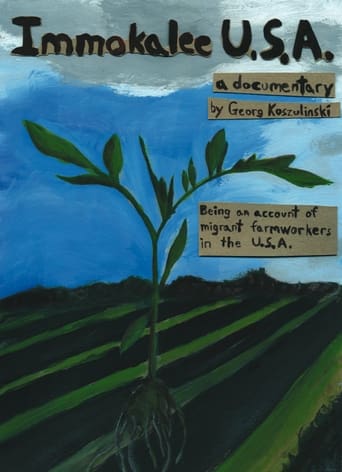
Every season, tens of thousands of migrant farmworkers converge on small communities like Immokalee, Florida where they plant and harvest the food that Americans consume. A vast majority of these workers are undocumented, leaving them at the mercy of the large agribusinesses who hire them, the crew leaders who contract them and the landlords and businesses that profit from the seasonal arrival of migrant workers. Their "undocumented" legal status allows for a system of exploitation that leaves workers and their families to endure conditions and wages that rarely meet international human rights standards. Immokalee U.S.A. documents these daily experiences, leading the viewer to examine their own role in the issues migrant workers face in the U.S.A.
Similar titles
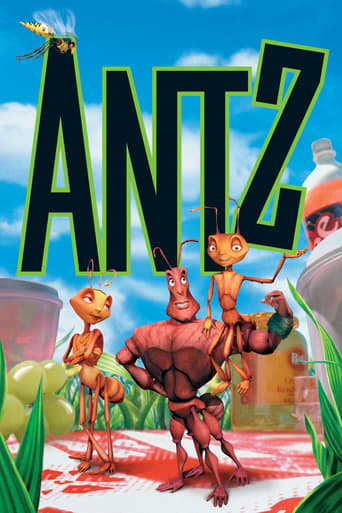

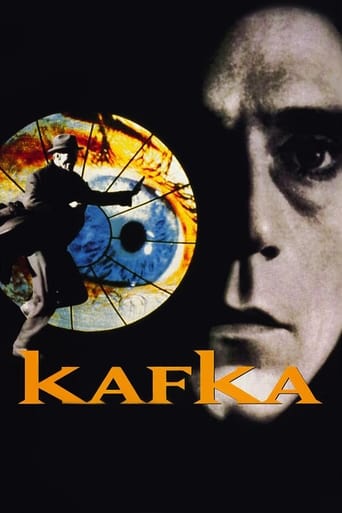
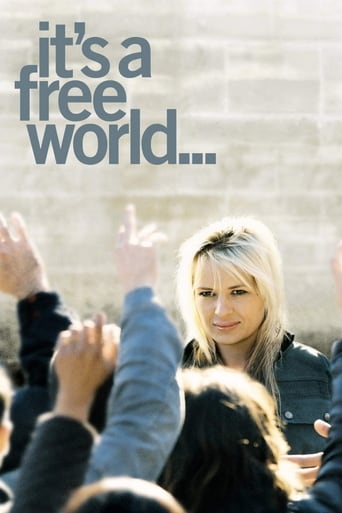
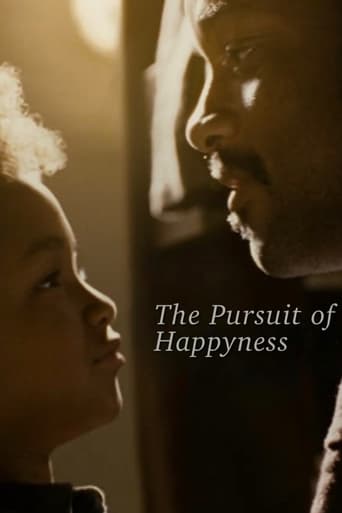
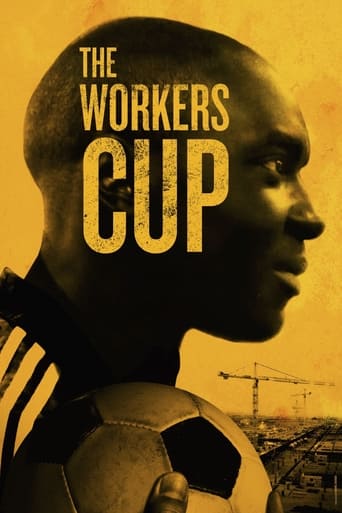
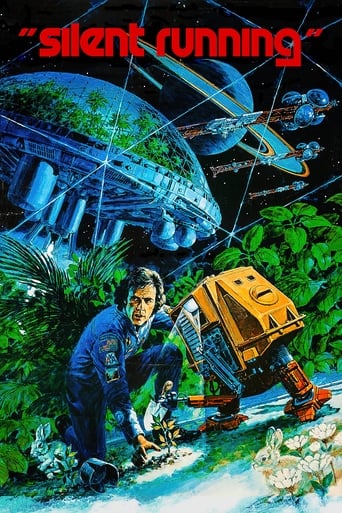

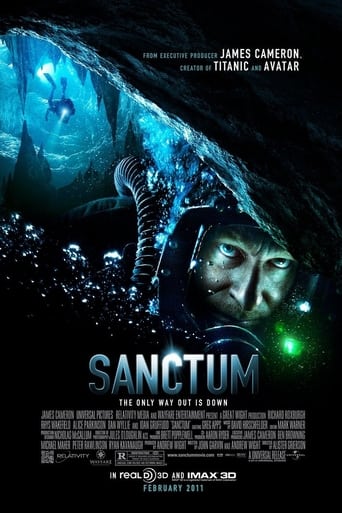

Reviews
Just what I expected
best movie i've ever seen.
This movie was so-so. It had it's moments, but wasn't the greatest.
One of the worst ways to make a cult movie is to set out to make a cult movie.
Looking older than their years, stoop-shouldered men wait for buses at 4:30 each morning to take them to the fields where they toil in the unforgiving sun from morning to night, planting, picking, and processing the food that Americans will eat in their comfortable homes. Those that are lucky to find work have to tolerate conditions below international health standards: poverty wages, long hours without overtime pay, cramped living conditions, physical abuse, no employment benefits, and retaliation against workers who organize. Living in cheaply rented trailers and often mistreated by the crew leaders who contract them, many of the seasonal farmworkers are undocumented and are beholden to the large agribusiness conglomerates that hire them.Georg Koszulinski's powerful film Immokalee U.S.A., now making the rounds of film festivals, documents the lives of the people of Immokalee, Florida, a small farming community eighty miles southeast of Ft. Myers, observing farmworkers, social workers, a farm boss, and the wife of a deported worker as they go about their daily routine. Koszulinski does not preach and places no blame. With no voice-over narration, his camera simply records and the images speak for themselves. A young mother shows us a picture of a small boy who recently died of cancer caused by pesticide poisoning, a mother sends her children to school while fixing burritos for her husband's lunch, and tamales that she can sell in the fields to make a few dollars. An owner says that Americans will not do this work anymore, that the only ones now who are willing to work are illegals, and that he is aware that some crew leaders mistreat some workers but most owners take care of their people.One mother explains that her older daughter constantly asks questions such as why her father works every day of the week, why he leaves so early, and why she herself comes home so late but she has no easy answers for her daughter. She simply tells the camera that "we have little but we are happy for it. You don't need money to be happy." Yet the pain is written on the face of Mateo Diego, an undocumented immigrant from Guatemala who has been waiting each morning for fifteen days without being asked. "I just want a house, a job to have money, maybe buy a car, he says. "I don't want to be here just passing the time. I don't want to be a tourist, just money to support my family." The most heartbreaking sequence in the film follows Mateo as he desperately tries to phone his brother, putting all of his coins into pay phones that do not work. He shows little emotion until Koszulinski hands him a cell phone and he is able to reach his brother. "I'm going back", he tells him, then begins to cry. "This is an embarrassment", he whispers. Later he seems to lose touch with reality, complaining that people here are trying to kill him and refusing to eat for fifteen days until forced to by an aid worker.We hear much about illegal immigration yet most do not fully understand that men who come here often lose their wives, their children, and their country because they do not earn enough money to send back to their families. As one farmer says, "They don't know who or where they are. They dream to come here but it often ends in failure." In spite of the pain, however, there is a strong feeling of community in Immolakee and the Guadalupe Center, a charitable organization, feeds the hungry each day, providing special meals for holidays like Thanksgiving. A carnival also comes to town and it is gratifying to see the smiles on the faces of the children, but the smiles in Immokalee are few and far between.
Most films are a matter of manufactured narrative and we watch them to to discover what has been shaped by the filmmaker. Most documentaries are like this as well, because the idea is to illustrate a constructed narrative with reality, giving it more power.But sometimes, and I think very rarely, its a matter of discovering narrative in reality. When this happens, all else is tossed away and you encounter yourself. Its what we seek.There's a cinematic effect here that will color your whole day, staying visible whatever you do. Its so remarkable that I will describe it. We've been introduced to a man, who I will guess is in his fifties. He tells us who he is, which in his world is a matter of recounting where he has been and what produce he has handled. His cadence is hypnotizing; it has a regularity borne from years of internal repetition, patterned by millions of slow steady instances in a context of boredom. There is no hidden intellectual dimension to this man at all. We see the whole being and it brings us closer than we ever could if we met him in person. Very close. Very.His cadence is punctuated by an occasional syllable, which is his only period of self- reflection, a sort of periodic stepping back and commenting on himself. We immediately enter his story. Its a story of not being chosen for the work teams. We do not learn why. It doesn't matter.We meet others. Some wives and children with open faces. A soup kitchen manager. A farmer, who frames the thing with an inevitability. These are all of the working of the world, different facets of fertility. Only this man is a man. We follow him as he goes to the convenience store to use the phone. He has problems getting quarters, then we watch as the phones eat all his coins. Its an incidental narrative. We don't notice.Then something startling happens. Until this point the filmmakers are invisible. There is no narration, no external shaping. Except for the title, all we see is what there is, plus a subdued score. No one has acknowledged a camera. If there were shadows from the camera operator, I saw none (though you can see the framer's mike). Now, one of the filmmakers steps out from behind the camera and lends our man a cell phone. He calls his brother and we expect the same sort of subdued life we have seen so far. Instead, the man breaks down. He's stuck without money. He can't get work and he cannot leave. His countrymen (Guatamalans?) have abandoned him. People try to kill him in the night. He is already dead, he cries into the phone. Its a double startle, having the filmmaker intercede as we would, and seeing this dissolution of soul.And then the big thing. While this man is dissolving, the camera looks away, just as we would if we were there. But not quite, sometimes we see his face. Then the man says that people are looking at him, and we feel a tinge but then it becomes clear that he is talking about his own people, not us. Nevertheless, the camera spends less time on him, staring out at traffic, at sidewalks, just away.This happens long enough for us to wonder: the mechanics are just too perfect. Someone must have shot some footage afterward and edited it in to have this effect. It makes us doubt ourselves: why are we here? And then the shot...Its of a wall, away from the man, but with the vaguest of shadows of him speaking in his deepest despair. And we see immediately that there must have been two cameras, and one avers respecting this man's privacy, while another stays fixed so that we cannot escape. This was done reflexively on the spot, immediately, intuitively. There is no other explanation. It really was a profound moment for me. The film doesn't preach or lead. Its full of just these ambiguities. Its what film-in-life is all about, a balance of discovery and social engagement. Its intense.We see this fellow later, in a demented state having not eaten for two weeks, on the porch of a soup kitchen too disoriented to go in and get some food. The woman we previously met patiently waits with a muffin. Cut to the farmer showing a volunteer tomato plant. These are talented storyfinders, these.I have followed this young filmmaker from the beginning. Each film has something in it that shows insight. I think now that we deserve to see him make fiction. Long form and mean it.Ted's Evaluation -- 3 of 3: Worth watching.
Top Streaming Movies












